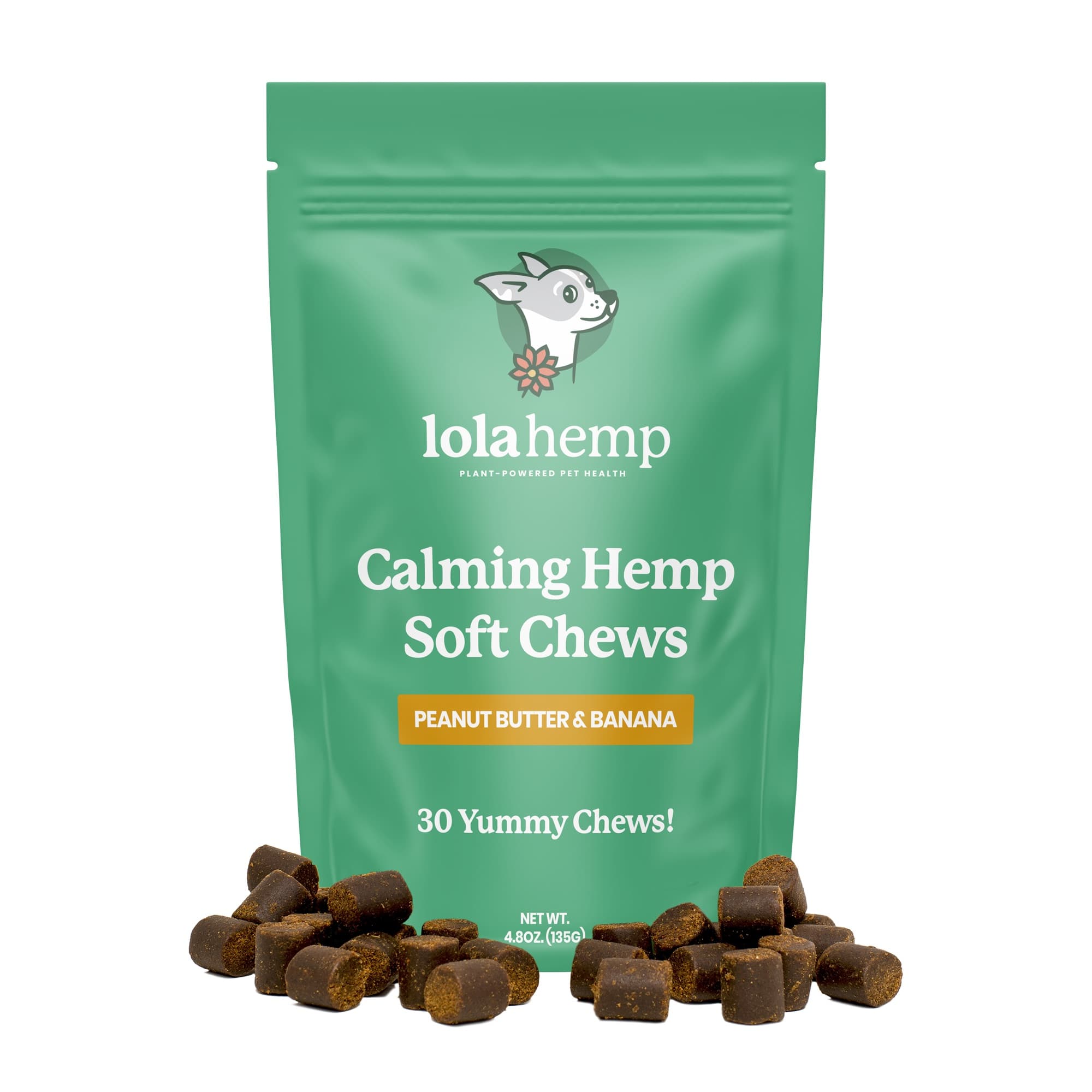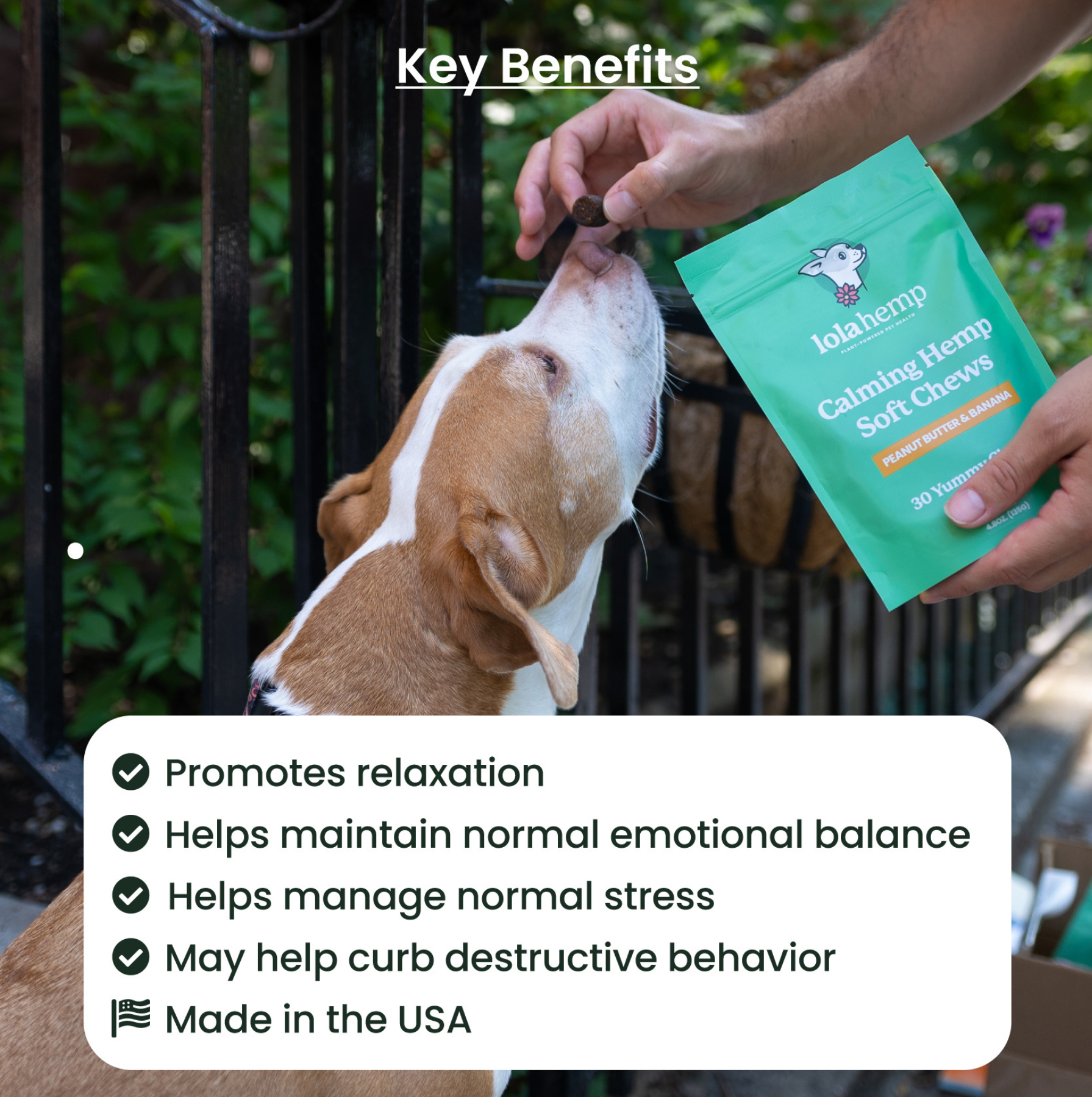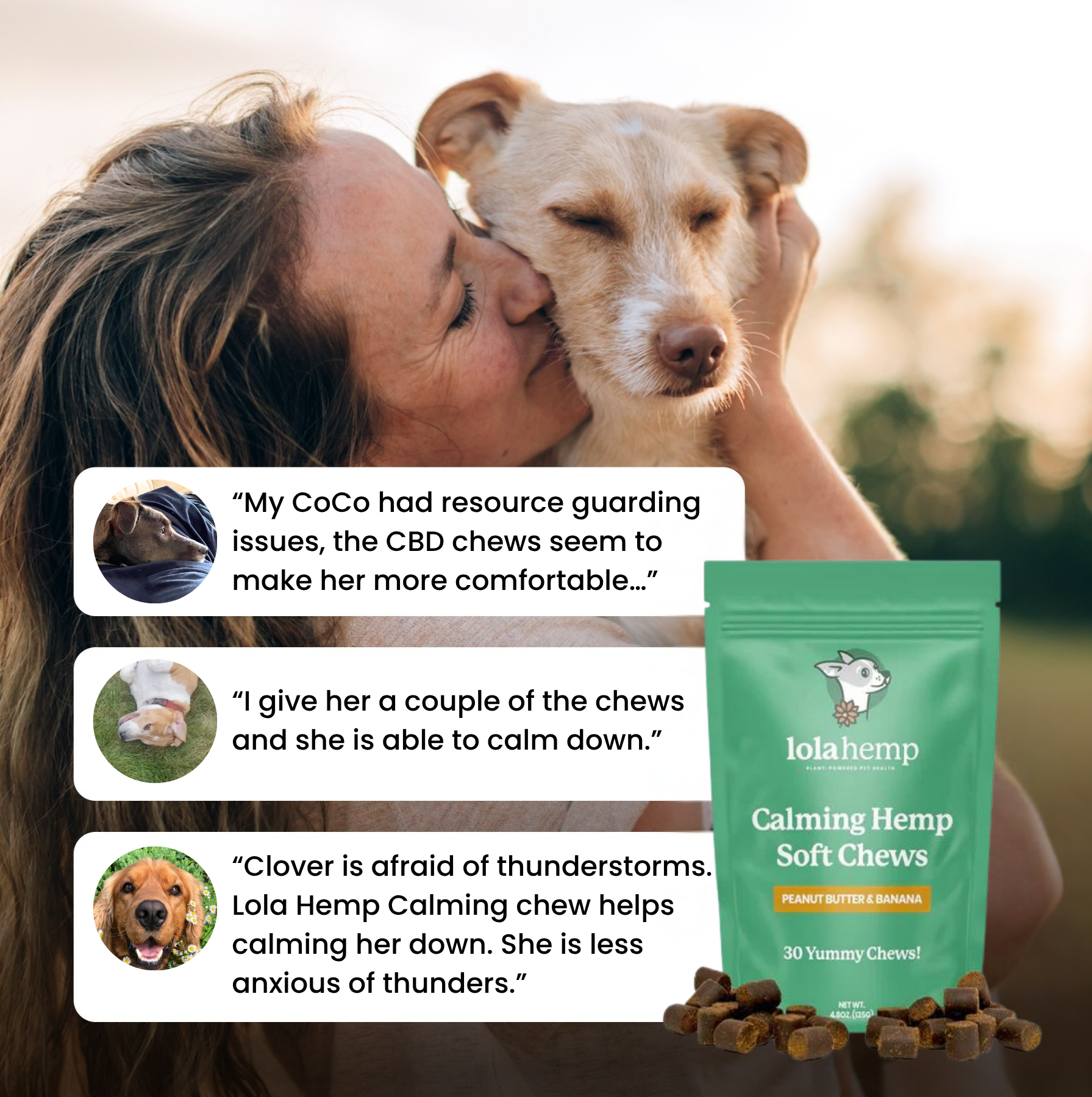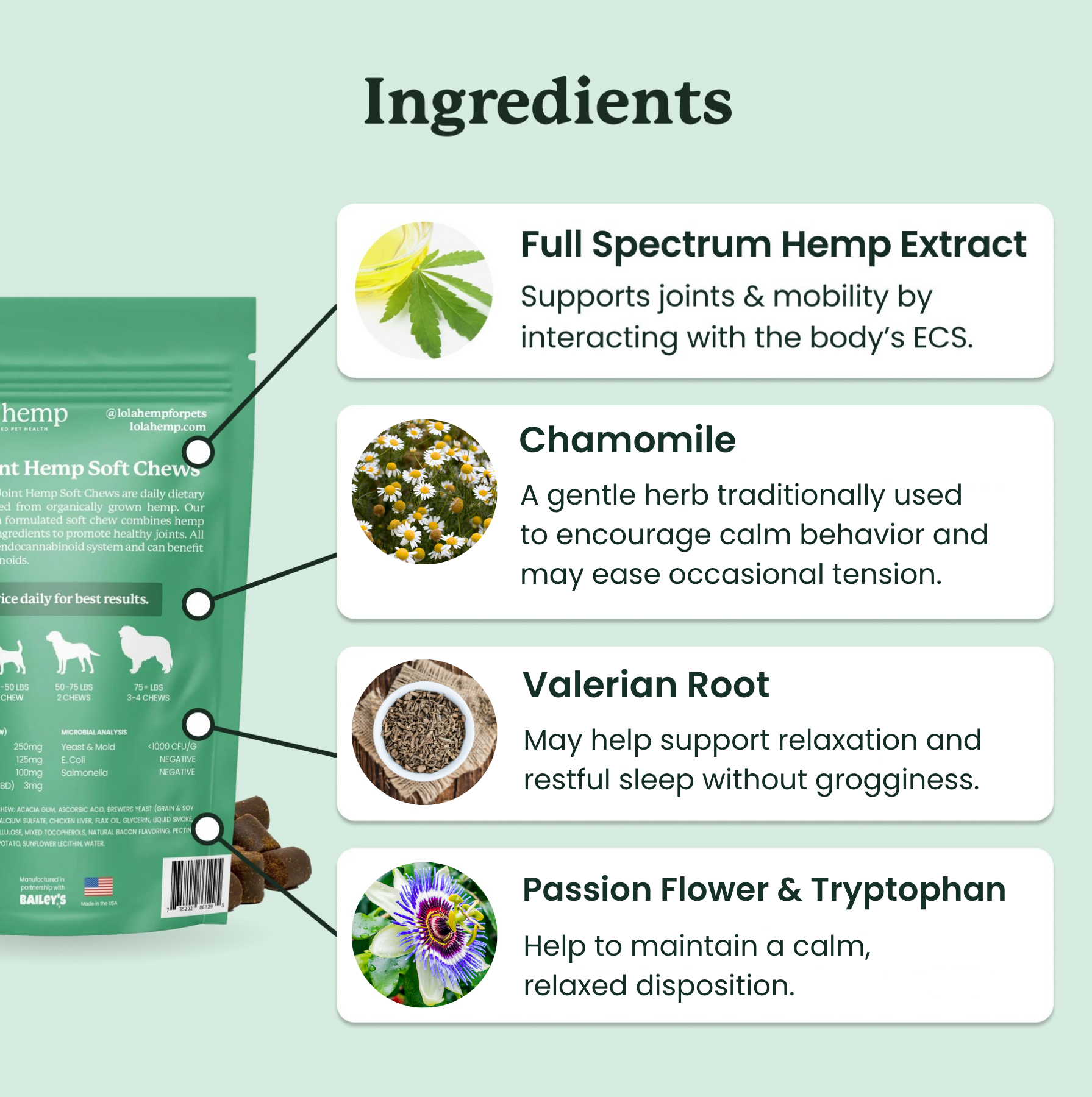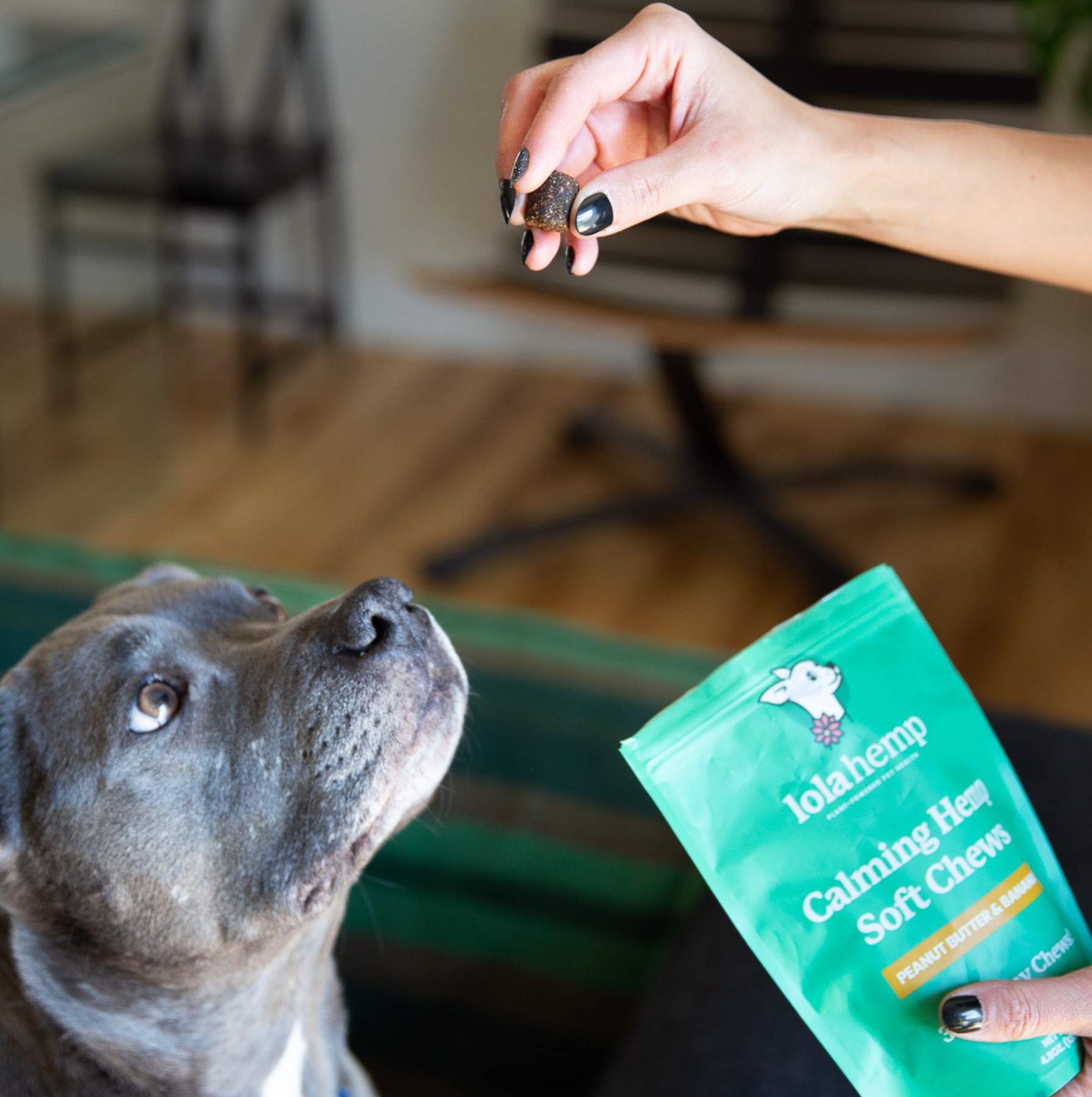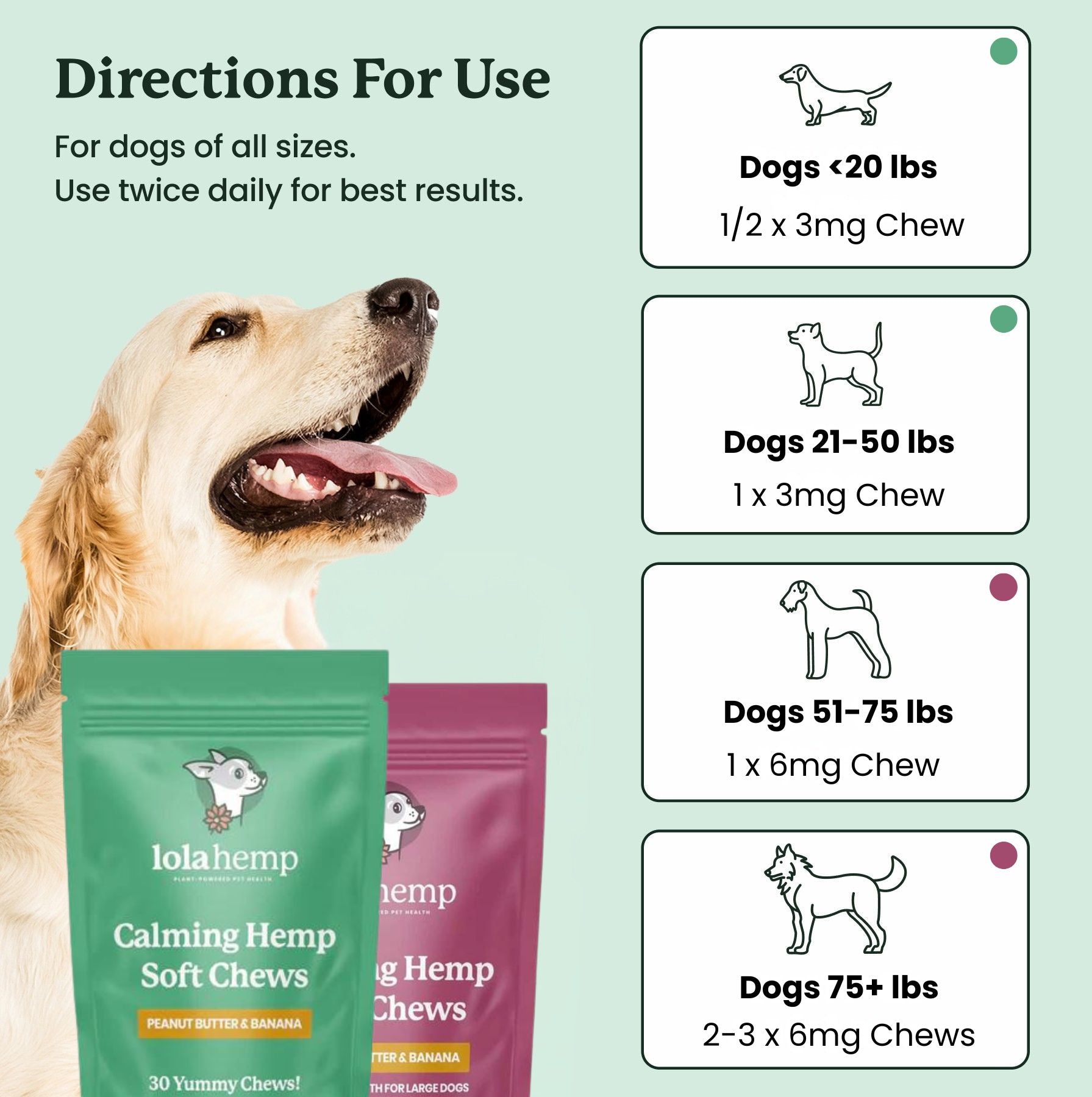If your dog is scared of fireworks, fireworks displays can be a miserable time for you and your pet. Fireworks displays make your pet feel like the world is ending. CBD can be a very helpful thing to have during these moments due to its potential to calm dogs prone to bouts of anxiety.
Fireworks anxiety can make it difficult to bring your dog along for celebrations like the 4th of July. With their highly sensitive hearing, even distant fireworks can sound overwhelming. To help keep your dog calm during the festivities, consider using calming treats or CBD to ease their anxiety.

How CBD Supports Dogs on 4th of July
CBD can be a valuable tool for helping dogs stay relaxed and at ease during loud celebrations like the 4th of July. Many pet owners turn to CBD because of its ability to support overall calmness, balance, and well-being. Unlike sedatives, CBD works naturally with your dog’s body, helping them feel more at ease without excessive drowsiness or major behavior changes.
For many products, the majority of customers claim a significant, visible benefit to their dogs' overall emotional health during stressful situations. Ongoing research is coming out to support these reviews as well, with one study showing a significant improvement in measures of stress for dogs undergoing otherwise stressful situations.
When to Give Your Dog CBD for Fireworks
For best results, CBD should be given before fireworks begin. Timing depends on the type of product:
- CBD oil: Works fastest—typically 30 to 45 minutes before fireworks start.
- CBD chews or treats: Can take 60 to 90 minutes for full effect.
- Long-lasting CBD products: Some formulations last several hours, ideal for extended fireworks displays.
If this is your first time using CBD for your dog, start with a small dose a few days before the 4th to see how they respond, then adjust as needed.
What to Expect After Giving CBD
Many dog owners report that CBD helps their pets remain calmer and more settled during fireworks. While every dog reacts differently, common results include:
- More relaxed posture—less pacing, shaking, or hiding.
- Dogs may still notice the noise but appear less reactive.
- No extreme drowsiness—just a noticeable improvement in coping with loud sounds like thunder or fireworks.
For best results, combine CBD with other calming strategies such as quiet spaces, white noise, and familiar toys or blankets.
Additional Ingredients to Help Your Dog Stay Calm on the 4th of July
Fireworks can be overwhelming for dogs, often triggering anxiety and fear. While CBD calming chews are a popular solution, they often contain additional ingredients known for their soothing effects. Here are some natural supplements that can help your dog feel more at ease during the 4th of July celebrations.
1. L-Tryptophan & Melatonin
L-Tryptophan helps produce serotonin and supports melatonin, which promotes relaxation and rest. Many calming chews include melatonin to help dogs rest during stressful events.
2. L-Theanine & Valerian Root
L-Theanine supports calmness without sedation. Valerian root increases GABA levels in the brain, helping naturally ease anxiety and stress in dogs.
3. Chamomile & Passionflower
Both chamomile and passionflower promote relaxation. Chamomile has a gentle sedative effect, while passionflower reduces excitability.
4. Omega-3 Fatty Acids
Omega-3s support brain health and can contribute to a calmer demeanor. They also help regulate inflammation, which plays a role in stress response.
Combining CBD with these natural calming agents can help ease your dog’s anxiety. Always consult your veterinarian before introducing new supplements.
What to Know Before Choosing Calming Treats for Your Dog's Firework Anxiety
Calming treats can help reduce anxiety in dogs, but not all products are the same. Each treat may include different active ingredients, so always consult your vet to determine the safest and most effective option.
Look for products with the NASC (National Animal Supplement Council) seal for quality and safety. Avoid exaggerated claims and review ingredient lists carefully for potential allergens or additives.
How to Choose the Right Calming Treat
- Type of Treat: Chews are convenient; oils can be mixed into food for picky eaters.
- Duration: Most calming ingredients last 4–8 hours; CBD oil may last up to 24 hours depending on dose.
- Onset: L-Tryptophan absorbs in 20–30 minutes; CBD oil takes 30–45 minutes to take effect.
- Dietary Restrictions: Check ingredients for allergens or fillers that may upset your dog’s stomach.
Potential Side Effects & Safety Tips
Calming treats are generally safe but monitor your dog for side effects such as drowsiness, agitation, or allergic reactions. Start with the recommended dose based on your dog’s size. Overdosing can cause lethargy or digestive upset.
If you’re unsure which treat is best, consult your veterinarian. They can guide you in selecting the safest, most effective approach for your dog’s anxiety.
Conclusion
The 4th of July can be a stressful time for dogs due to the loud and unpredictable nature of fireworks. Fortunately, CBD offers a natural way to help your dog stay calm and comfortable during the celebrations. By giving CBD at the right time and in the right dosage, many pet owners have found it to be a reliable tool for reducing distress in their dogs.
For the best results, plan ahead by introducing CBD before fireworks begin and pairing it with comforting measures. Every dog is different, so start small and observe their response to find the right balance.
Frequently Asked Questions About CBD for Dogs and Fireworks
1. How does CBD help dogs during fireworks?
CBD supports relaxation and helps dogs feel calmer without sedation by working with their endocannabinoid system to balance mood and stress responses.
2. When should I give my dog CBD for fireworks?
Give CBD oil 30–45 minutes before fireworks start. Treats should be given 60–90 minutes in advance for full effect.
3. Can I combine CBD with other calming ingredients?
Yes, many calming treats include ingredients like L-theanine, chamomile, or melatonin. Always consult your veterinarian before combining supplements.
4. Are there side effects to giving dogs CBD for fireworks?
Most dogs tolerate CBD well, but mild drowsiness or soft stool can occur. Start with a low dose and monitor your dog’s reaction.
5. Is CBD safe for all dogs?
CBD is generally safe for most dogs, but those with liver issues or on medications should use it under veterinary supervision.

